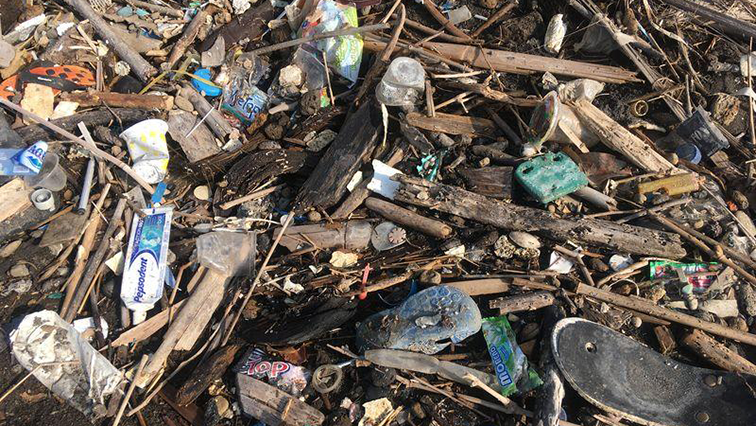Rubbish bins in a neighbourhood in Harare are supposed to be emptied once a week, but often they sit untouched for up to four weeks at a time.
Euphrasia Mangwe does what many other residents do. She waits until dark and then tosses her rubbish into an open space near her home.
“It is horrible having to live near garbage. That we are not sick is a wonder when we are always surrounded by mounts of waste,” she explained. “Waste collection is a basic right, the same as water. But not here.”
Constrained by a lack of fuel and funding amid the country’s worst economic crisis in a decade, the government is struggling to keep its cities clean.
In Harare it manages to pick up only two-thirds of the 30 000 tonnes of garbage residents produce each month, Harare City Council (HCC) spokesperson Michael Chideme told the Thomson Reuters Foundation.
So, the private sector is sweeping in to help with a new mobile-based solution.
The digital service from local waste management company Clean City Africa works through a popular ride-hailing app to connect households and workplaces with private waste collection firms.
To use the on-demand, “Uber-type” service, which launched in July, a customer schedules and pays for garbage collections through the Vaya Africa app, explained Clean City Africa CEO Lovemore Nyatsine.
Then one of the company’s more than 200 franchisees picks up the customer’s waste from their doorstep and takes it to one of the city’s landfill sites – instead of customers having to do it themselves or filling in an online form.
While Chideme at the HCC said the city’s waste collection shortfall has been ongoing since early 2018, many residents complained they have not had regular rubbish collections for at least the past five years.
Nyatsine said he first became aware of how acute the problem was during a cholera outbreak last year in Harare’s highly-populated suburbs of Glen View and Budiriro which left at least 50 people dead, according to the World Health Organisation.
Officials said that the outbreak had been caused by burst sewer pipes that contaminated the city’s drinking water. The waste piling up around the city was exacerbating the health crisis, Nyatsine explained.
He was part of a team sent by telecoms giant Econet Wireless Zimbabwe to join other volunteers in trying to curb the outbreak by sweeping the streets, cleaning drains and picking up rubbish.
But once they were finished cleaning an area, it became clear that the council did not have the capacity to dispose of all the garbage they had collected. “We realised it was not just a problem of the cholera-afflicted suburbs, but city wide,” Nyatsine said.
In response, Econet subsidiary Cassava Smartech created Clean City Africa. Working with local authorities and its franchises, the company can now cover more than 500,000 households in Harare and its suburbs, Nyatsine noted, and has plans to roll the service out to other cities in Zimbabwe by the end of the year.
More than 50 illegal dump sites have been shut down across Harare since the company launched, he added.


